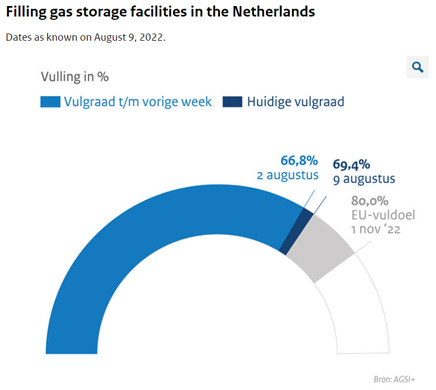Thoughts From The Divide – Shepherding Resources
“It is actually a no-brainer”
While “no soup for you” may have started as an ideological or political move, it’s becoming more and more apparent that, as both the metaphorical and literal heat ramps up, supply issues and shortages are pushing groups, from countries to businesses, into thinking that it’s every man for himself.
Europe is perhaps the clearest example of this phenomenon as countries struggle with their present and future energy supply. While some of the policy choices haven’t been zero-sum, (Germany is considering keeping some nuclear plants running that had been previously slated to close), other policies are. Amid the firewood problems in Germany discussed here, Bulgaria is tightening the ratchet, announcing it will ban the export of wood to non-EU countries amid a rough doubling in the price of firewood since last year. The country’s Caretaker Agricultural Minister also “held talks” “with two of Bulgaria’s large lumber processors”, who said they would reduce the amount of wood they buy “so that the state could meet the practical needs of the population”.
Meanwhile, “thanks to financial guarantees from the government”, the Netherlands is on track to reach its goal of having the country’s natural gas storage facilities 80% filled, despite “the absurd gas market”.
At the same time the Dutch are filling their storage, the Germans are figuring out who will bear the burden of higher energy prices. Policymakers are lowering the VAT assessed on natural gas in an attempt to “ease the burden on households and companies” just a few weeks after Germany’s cabinet decided to institute a ”temporary levy” “to help suppliers hit by soaring gas import prices”.
Meanwhile, problems due to heat, energy shortages, and water scarcity aren’t restricted to Europe. Australia may also be joining the protectionist party. As some “business leaders and regulators warn Australia is facing a gas shortage of its own”, the Australian Competition and Consumer Commission has “urged the government to work with producers to immediately redirect LNG intended for export or risk a major gas shortfall next year”. And thanks to severe drought conditions and extremely high temperatures, China is also experiencing its own energy problems. The Sichuan region in particular has been “bearing the brunt of the country’s power shortage this year” as the province relies on hydroelectric energy from the Yangtze river, which, like the Danube, is running at a trickle. In echoing some of the problems seen last year, industrial energy users are feeling the pinch and are being ordered “to stop production or to ration power” to alleviate some of the strain. This has spurred some companies, such as Tesla, to ask that their own concerns be given priority. (Related, Apple has reportedly asked suppliers to produce components in Vietnam…).
P.S. Wells Fargo joins the ranks of JP Morgan in downsizing its mortgage operations, announcing it is “planning for a smaller footprint” as it tries “to adapt to a dramatically smaller originations market”.
P.P.S. Following the release of the Fed minutes earlier this week (which offered a peak into the Fed worries about the dangers of overtightening and the unreliability of lower energy prices in providing “sustained lower inflation”), Bullard continued the hawkish tone, saying he “would lean toward the 75 basis points at this point” at the Fed’s next meeting, adding that the Fed “should continue to move expeditiously [ed. There it is again!] to a level of the policy rate that will put significant downward pressure on inflation”





